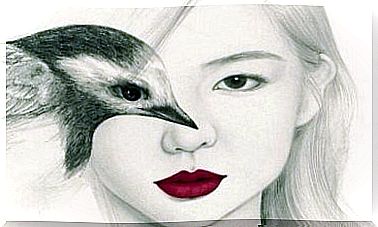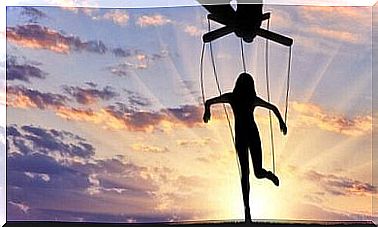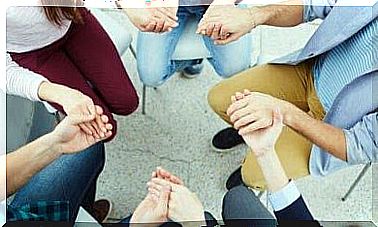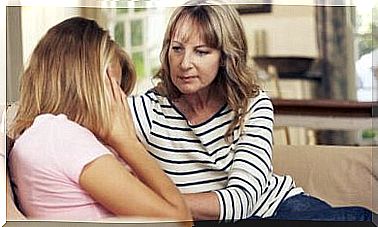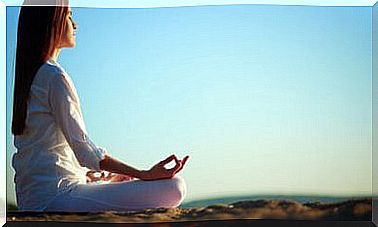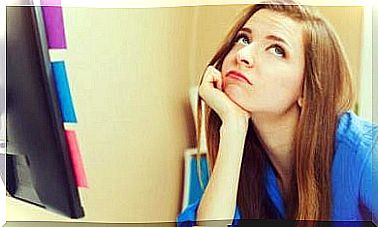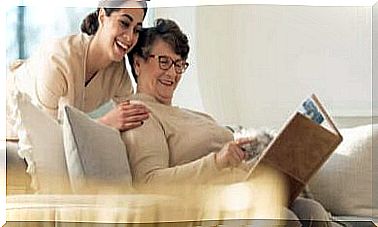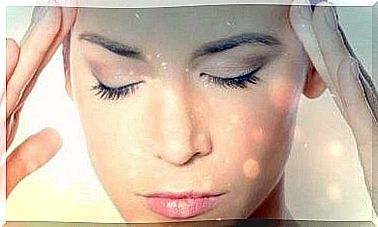Minimalist Lifestyle: Less Is More
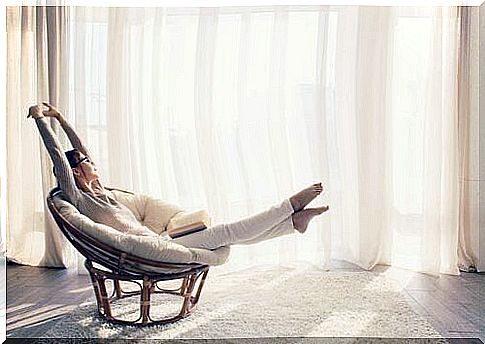
While some people enjoy always having the latest and greatest products, others value a minimalist lifestyle more. More and more people are realizing that they can also get through life with less. Living a minimalist lifestyle means getting rid of things you don’t need.
We’re talking about a philosophy that all kinds of people have championed throughout history. It goes all the way back to the ancient Greek philosophers or Zen Buddhist masters.
Today, the minimalist lifestyle is attractive because it can free us from the work-money-consumption cycle. At the same time, Arthur Markman, a psychology and marketing professor at the University of Texas at Austin, argues that each generation renews its previous generation. In this case , minimalism seems to be the imminent lifestyle of newer generations.
According to him, the newer generations will react to the excessive consumerism of recent decades. “ Many things are disposable and there are many resources that promote consumption, so people are going against that,” he explains. For much of the newer generations, making the same choices as their parents simply isn’t an option.
Moreover , the minimalist lifestyle is of course also attractive in part because of its spiritual side. People believe that it is good spiritually to detach from material things. In addition, the growing social awareness is also a reason why the minimalist lifestyle is so popular.
Being more selective in our buying behavior is one way to ‘punish’ those companies that don’t meet our criteria. In this case we are talking, for example, about companies that do not offer their employees decent working conditions, that consume too many natural resources, pollute the environment or consume too much energy. The newer generations seem to care more about these issues.
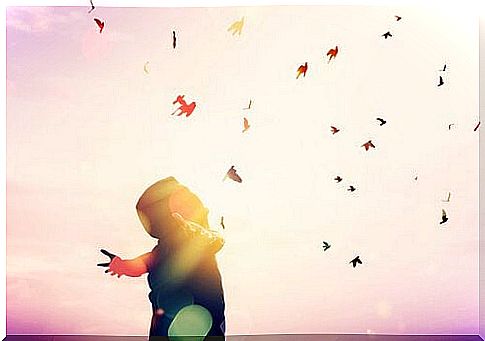
Why is life so chaotic?
Yes, it is indeed true that we live in a world that is by definition somewhat chaotic and unpredictable. There is a lack of order to which we often contribute with our own lifestyle.
Many of us have jobs that they don’t like, and we increasingly feel that advertisers are putting too much pressure on us to meet false needs. We attach importance to slogans, often eat unhealthy things and spend time with people we don’t really want to hang out with.
We do not do this because someone is forcing us to do so. Instead, we choose to do this ourselves because we think it’s good for us or we have no other choice.
However, it is not entirely our fault. From an early age we are directed by society to live this way. This happens through the widespread advertising and indoctrination we are exposed to.
It is therefore not so surprising that we experience life as chaotic. The good news, however, is that we have the option to intervene in a positive way. We can live a more meaningful and less complicated life by adopting a minimalist lifestyle.
Minimalist lifestyle: fewer complications and more meaning
The key to minimalism is getting rid of everything that doesn’t add value to our lives and making room for the things that do. It’s about eliminating disorder, distraction, and unhealthy relationships. It also means making room for everything essential to our well-being, such as creativity, love and fun.
Therefore, minimalism or leading a minimalist lifestyle means that we consciously engage with the things that really matter and put aside the things that have no meaning. In other words, it’s about learning to enjoy life more with less.
Here’s how you can do this:
- Set aside anything that doesn’t make you feel good. Get rid of anything that gets in your way, distracts you and causes you to lose focus and clarity. Keep only the things that make you feel good.
- Don’t buy anything you don’t need. Don’t be fooled by advertisements, fashion trends and the opinions of others. Having as many things as possible will not make you happy. The truth is that once we have enough to meet our basic needs, further products cannot improve our well-being. They can only provide a temporary gratification that quickly disappears.
- Appreciate everything you already have. Focus on what you have instead of what you don’t have. Otherwise you will always remain dissatisfied and feel that you are incomplete and a prisoner of your own desires.
- Minimize your use of digital distractions. Emails, instant messaging, social networking, and surfing the web are all distractions that make you lose focus on the present moment. Learn to deal with digital media in a more conscious way.
- Improve your relationships with others. While the internet seems to make it easy for us to connect with more people, in fact we are becoming more and more disconnected. We miss real human relationships.
- Do one thing at a time. The minimalist lifestyle ensures that we go through life focused. In other words, it ensures that we make the most of every moment. We cannot do this if we are constantly distracting ourselves or multitasking.
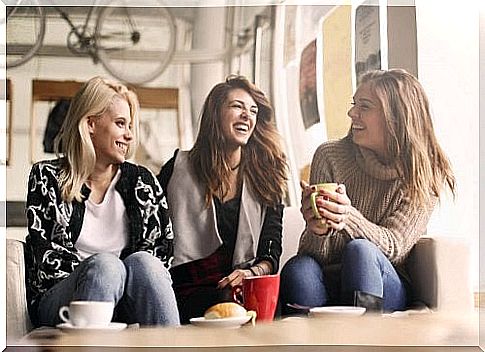
…
- Focus on important goals. Most people have many goals they want to achieve. A minimalist lifestyle has one clear goal. To live such a life, you have to discover what things interest you most and devote yourself to these things.
- Take care of your body and your mind. Good health is the starting point of happiness. It is therefore important to take good care of yourself both physically and mentally. The three main elements are exercise, diet and sleep.
- Practice mindfulness. The minimalist lifestyle requires a calm and peaceful mind. That is, a mind that is free from conflicting thoughts and fully in tune with the present moment. Practicing mindfulness or meditation can help you develop a peaceful state of mind. Observe your thoughts and feelings without judging, resisting, or feeding them. This will help you react to situations consciously rather than overdoing it or being overwhelmed.
Latest comments
Fumio Sasaki says that “ minimalism is a lifestyle in which you reduce your possessions to the least possible. He also says: “ Living with only the essentials has not only brought superficial benefits, such as the pleasure of a tidy space or the simple ease of cleaning, it has also led to a more fundamental shift. ”
By opting for a more minimalist lifestyle, Sasaki established his own definition of happiness.
This philosophy tells us that the more things you own, the more power these things have over you. So the more you depend on something, the more it affects your ability to be happy and enjoy life.
If we believe that our happiness depends on material things, we will strive to have more and more for fear of needing these things. In other words, we buy things ‘just in case’. Ultimately, this causes us to become slaves to it.
